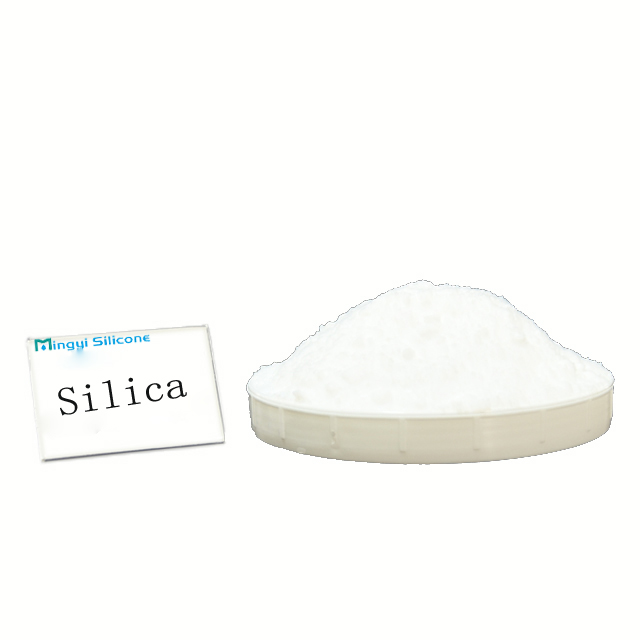Silicon dioxide is widely used in the pharmaceutical industry, mainly as a carrier, stabilizer, and adsorbent for drugs. Its main function is to improve the bioavailability, stability, and safety of drugs, and enhance their therapeutic efficacy.
In solid drug formulations,
silica serves as a carrier, which can increase the solubility and absorption rate of drugs and enhance their efficacy. For example, in tablets, silica serves as a carrier, which can increase the solubility and absorption rate of drugs and enhance their efficacy. In capsules, silica serves as a carrier, which can increase the solubility and absorption rate of drugs and enhance their efficacy.

In liquid drug formulations, silica acts as a stabilizer to prevent the precipitation and decomposition of drug components, maintaining the stability and effectiveness of the drug. For example, in injections, silica acts as a stabilizer to prevent the precipitation and decomposition of drug components, maintaining the stability and effectiveness of the drug. In oral liquid, silica acts as a stabilizer to prevent the precipitation and decomposition of drug components, maintaining the stability and effectiveness of the drug.
In addition,
silica is also used to manufacture drug sustained-release systems, which control the release rate of drugs, prolong the duration of drug action, and reduce the number of times medication is taken. For example, in sustained-release tablets, silica serves as the sustained-release material, which can control the release rate of drugs, prolong the duration of drug action, and reduce the number of times medication is taken. In sustained-release capsules, silica serves as the sustained-release material, which can control the release rate of drugs, prolong the duration of drug action, and reduce the frequency of medication.
